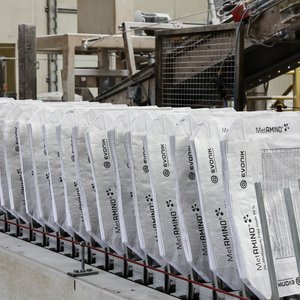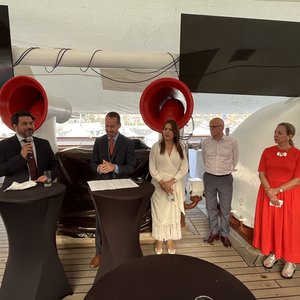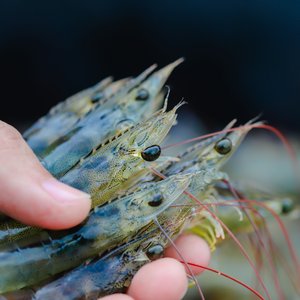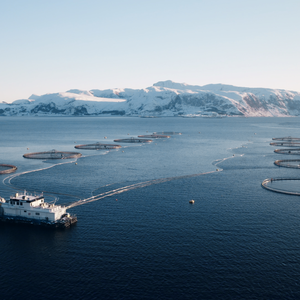WWF Tilapia Aquaculture Dialogue Makes Asia Debut
The unique issues related to tilapia farming in Asia will be addressed in standards for certifying tilapia aquaculture products, which are under revision in response to feedback about fish farming in Asia received at the first Tilapia Aquaculture Dialogue meeting in that region.
The meeting, held in Kuala Lumpur, Malaysia, in August after the Tilapia 2007 conference, follows a series of tilapia dialogue meetings held in the United States over the past two years that have focused more on tilapia farming in the Americas than Asia.
"As we develop standards for tilapia aquaculture, it is critical to consider the issues related to tilapia farming that are unique to each major tilapia producing country, like the high number of small-scale and resource-limited producers in Asia" said Jose Villalon, director of the World Wildlife Fund's (WWF) Aquaculture Program. "That is why the dialogue meetings are multi-stakeholder, transparent and held in different regions. Since almost 80 percent of the world's tilapia is produced in China, we are excited about the level of engagement at the dialogue meeting in August."
Henning Gajhede Sorensen of Thai Tilapia Company, Ltd. concurs with Villalon. "Make no mistake about it, the Tilapia Aquaculture Dialogue is in Asia and we support it," said Sorenson. "We have been a little suspect of what has taken place prior to this meeting, but when the producers involved in the effort in the West - our competitors - took the time and spent the money to come to Asia, we knew this went beyond competition."
A draft of the standards, which are expected to be posted for public review by the end of this year, will address the six main environmental impacts of tilapia farming, such as nutrient-rich effluents in the water and poorly-sited production facilities. Improved environmental conditions will, among other things, decrease the use of chemicals that have raised concerns worldwide about food safety.
Initiated by WWF, the tilapia dialogue meetings involve a diverse set of stakeholders whose goal is to ensure that the standards adequately address the industry's impacts on the environment and society. Participants include many of the world's top tilapia producers and buyers, members of the market chain, researchers, nonprofit organizations and government officials. They work under the direction of a six-member Steering Committee.
"I am excited to be part of the Steering Committee, as it is the most transparent and open process undertaken so far to address the development of standards" said Jim Cannon of Sustainable Fisheries Partnership, the newest member of the committee. Through his nongovernmental organization, Cannon works on aquaculture issues throughout Asia, particularly with tilapia farmers.
The majority of the discussion at the last dialogue meeting was about the indicators for eight principles agreed on by the dialogue members last year. Principles address utilizing feeds and feed management practices that make efficient use of available feed resources and optimize nutrient utilization; ensuring food safety and the quality of tilapia products, while reducing the risks to ecosystems; and employing best utilization practices to minimize the negative impacts of tilapia production on water resources. The indicators are expected to be finalized this year and, combined with the principles and criteria, will be the basis for creating the draft standards to be released for public comment. The draft standards will be open for public comment for a two- to four-month period, depending on the type and number of comments submitted. The standards are expected to be the first of their kind for a series of dialogues being held throughout the world. Dialogues are underway for salmon and shrimp. Mollusc and Pangasius dialogues will begin this Fall. The dialogues build on the previous multi-stakeholder work developed by the Consortium on Shrimp Farming and the Environment.
Download a summary of the last tilapia meeting, and to learn more about the dialogues.










